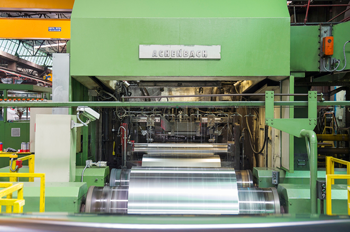Rolling in Europe, a Rapidly Evolving Industry
The rolling segment has a considerable weight in the European aluminium industry, with an overall production which in 2017 reached about 5.2 million ton, a figure which basically matches the domestic demand. The European industry is also a strong exporter of high added value products, such as rolled products for fin stock and foil, with the latter actually playing the leading role in the Robert Victor Neher prize, named after the first person who, in 1910, rolled aluminium foil from coil to coil with a very evident reduction in costs and a great increase in productivity with respect to production of sheets using hammers. The prize, presented within the framework of the Global Foil Roller Initiative, which involves all foil producers of the EAFA area (EU + CH +Tr+Ru-Armenia), will be awarded during the Aluminium 2018 trade show which will be held in Düsseldorf on October 9th – 11th, 2018. The choice of naming a prize after Neher is commendable: that first modern continuous rolling mill produced more than a century ago a thin foil of metal which a few years later would enter industrial kitchens and food industries. Indeed, the relationship between aluminium foil and Toblerone recently turned 105 and the first foil wrappers of Maggi stock cubes are about the same age.
The new automotive applications
The main use of foil has always been packaging, and especially food and pharmaceutical packaging; in these industries, its use is growing (a 7% increase in 2017 with respect to the previous year) especially for “global” products distributed the world over, which require a particularly effective protection such as only the barrier property of aluminium foil can provide.
Packaging is also the most important industry for foil thicker than 0.2 mm (which as such can no longer be called foil), but the great challenge today is posed by the automotive industry, where the share of rolled aluminium products is expected to grow tremendously for car bodies and for shock absorbers. The intense use of aluminium is changing the automotive industry. There is a vast field of Research and Development oriented not just to replacing other materials with light alloys in traditional applications, but also towards completely innovative applications, such as new batteries for electric cars where aluminium will be able to replace alkaline metals, thereby strongly increasing autonomy.

